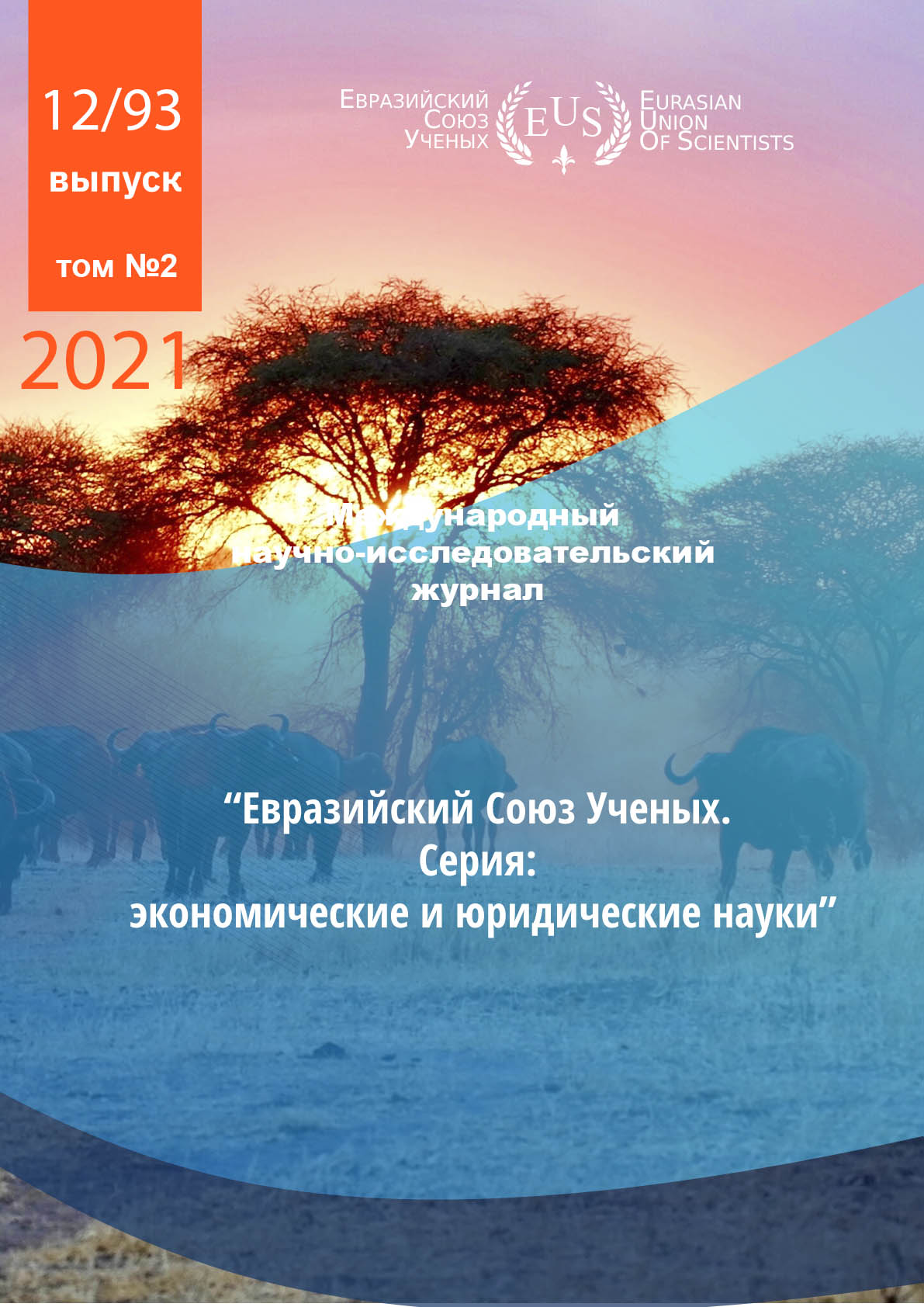TRADEMARK RIGHTS IN GERMANY. CHARACTERISTICS OF TRADEMARK REGISTRATION.
Abstract
This article describes the procedure for trademark registration in Germany, lists the grounds for refusal to register trademarks. The features of trademark examination are considered, as well as the laws on which trademark registration in Germany is based. Statistics are provided
References
2. Rossijskoe grazhdanskoe pravo: Uchebnik v 2-h t. T. 1: Obshhaja chast'. Veshhnoe pravo. Nasledstvennoe pravo. Intellektual'nye prava. Lichnye neimushhestvennye prava/Otv. red. Suhanov E.A. M.: Statut, 2020.
3. Gul'bin Ju.T. Pravovoj rezhim registracii tovarnyh znakov po zakonodatel'stvu Federativnoj Respubliki Germanija. Institut oppozicii pri registracii//Kopirajt. 2019. № 3.
4. Gul'bin Ju.T. Tovarnye znaki Germanii//Patentnyj poverennyj. 2021. № 1.
5. Eremenko V.I. O pravovoj ohrane promyshlennoj sobstvennosti v Federativnoj Respublike Germanija// Intellektual'naja Sobstvennost'. Promyshlennaja Sobstvennost'. 2020. № 8.
6. Gesetz über den Schutz von Marken und sonstigen Kennzeichen (https://www.gesetze-iminternet.de/markeng/).
7. Richtlinie für die Prüfung von Markenanmeldungen und für die Registerführung (Richtlinie Markenanmeldungen) vom 1. August 2018// https://www.dpma.de/docs/formulare/marken/w7735.pdf
8. Verordnung zur Ausführung des Markengesetzes vom 11. Mai 2004// https://www.dpma.de/docs/formulare/marken/ w7730.pdf
9. Annual Report 2020, https://www.dpma.de.
10. Reglament Evropejskogo Parlamenta i Soveta Evropejskogo Sojuza 2017/1001/(ES) ot 14 ijunja 2017 g. o tovarnom znake Evropejskogo Sojuza (kodifikacija).
11. Germanskoe grazhdanskoe ulozhenie 1896 g. (Bürgerliches Gesetzbuch (BGB).
12. Germanskoe torgovoe ulozhenie 1897 g. (Handelsgesetzbuch (HGB).
CC BY-ND
A work licensed in this way allows the following:
1. The freedom to use and perform the work: The licensee must be allowed to make any use, private or public, of the work.
2. The freedom to study the work and apply the information: The licensee must be allowed to examine the work and to use the knowledge gained from the work in any way. The license may not, for example, restrict "reverse engineering."
2. The freedom to redistribute copies: Copies may be sold, swapped or given away for free, in the same form as the original.







